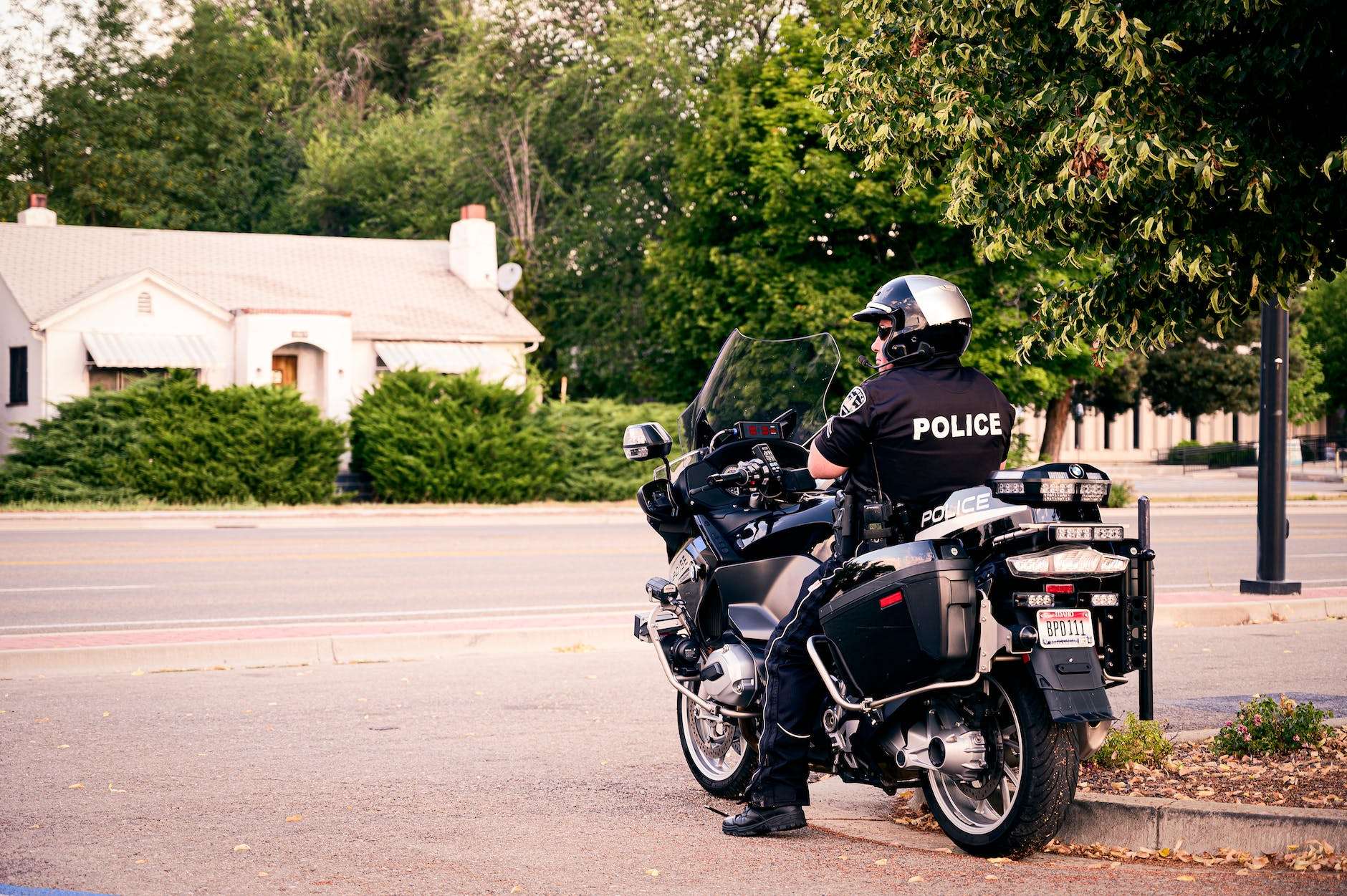
Resisting Arrest and other laws dealing with the police in Arizona
Many laws detail the delicate and often confusing interactions that police officers have with civilians, some of the most common infractions that someone can be charged with deal with a breakdown in communication with the police, overzealous officers, or where an officer ends up inflicting injury on an accused–like when someone is charged with ‘resisting arrest.’ Let’s go over some of these laws in Arizona, including ‘Resisting Arrest,’ ‘Unlawful Flight,’ and ‘Not Complying With A Police Officer.’
In Arizona, these laws carry significant penalties, including fines and imprisonment. Understanding the specifics of these charges can help individuals navigate interactions with law enforcement and avoid unintended legal consequences.
Resisting arrest is a common charge in Arizona and involves intentionally preventing a law enforcement officer from making an arrest or escaping from custody. This charge can also be applied if an individual uses force or threatens to use force against a police officer in the line of duty.
Unlawful flight occurs when an individual flees from law enforcement with the intent to evade capture. This charge can be applied even if an individual is not directly involved in a crime but chooses to run from the police.
Not complying with a police officer involves a range of actions, from failing to identify oneself to refusing to follow lawful orders. These charges can arise in many situations, including traffic stops, domestic disputes, and public disturbances.
Let’s delve deeper into each of these laws and provide information to help individuals better understand their rights and responsibilities when interacting with law enforcement in Arizona. By gaining a clearer understanding of these charges, individuals can make informed decisions that can help them avoid legal trouble and ensure that police officers can perform their duties safely and effectively.
Resisting Arrest in Arizona | ARS 13-2508
According to Arizona law, specifically A.R.S 13-2508, resisting arrest is defined as intentionally impeding an arrest in one of the following ways: by using or threatening physical force, creating a significant risk of physical harm, or by passively resisting arrest. Passive resistance refers to a nonviolent physical act or the failure to act, intended to obstruct, hinder, or delay an arrest. For instance, refusing to put one’s hands behind their back or exit their vehicle could be considered passive resistance. The broad language of the statute concerning resisting arrest is ambiguous, which can sometimes benefit the defendant. It allows for interpretation and argument by a judge or jury.
Not Complying With A Police Officer | ARS 28-622
However, resisting arrest and not-complying with a police officer are two different charges. According to A.R.S 28-622, individuals are required to comply with lawful orders or directions given by a police officer who is authorized by law to direct, control or regulate traffic. Failure to obey such orders or directions intentionally is prohibited. If a police officer instructs you to do something, it is expected that you follow through with their request. However, it is essential to note that there are certain limitations to what the officer can or cannot demand.
Unlawful Flight | ARS 28-622.01
There is one more charge with similar characteristics as the two mentioned above. A.R.S 28-622.01, details what is considered ‘unlawful flight.’ Whenever someone intentionally attempts to flee or evade a law enforcement vehicle that is pursuing them with at least one light on or a siren activated, they can be charged. This means that when a police officer signals to pull over using their lights or sirens, failure to comply immediately can result in being charged with a felony crime. Those who disregard this statute and subsequently cause someone’s death in an accident can also face additional charges, even if they were initially attempting to escape a possible misdemeanor traffic violation. If someone is responsible for someone else’s death during an unlawful flight from the police, they can be charged with first-degree murder, which is punishable by death. If someone avoids this situation, they will still likely face a class five felony charge.




